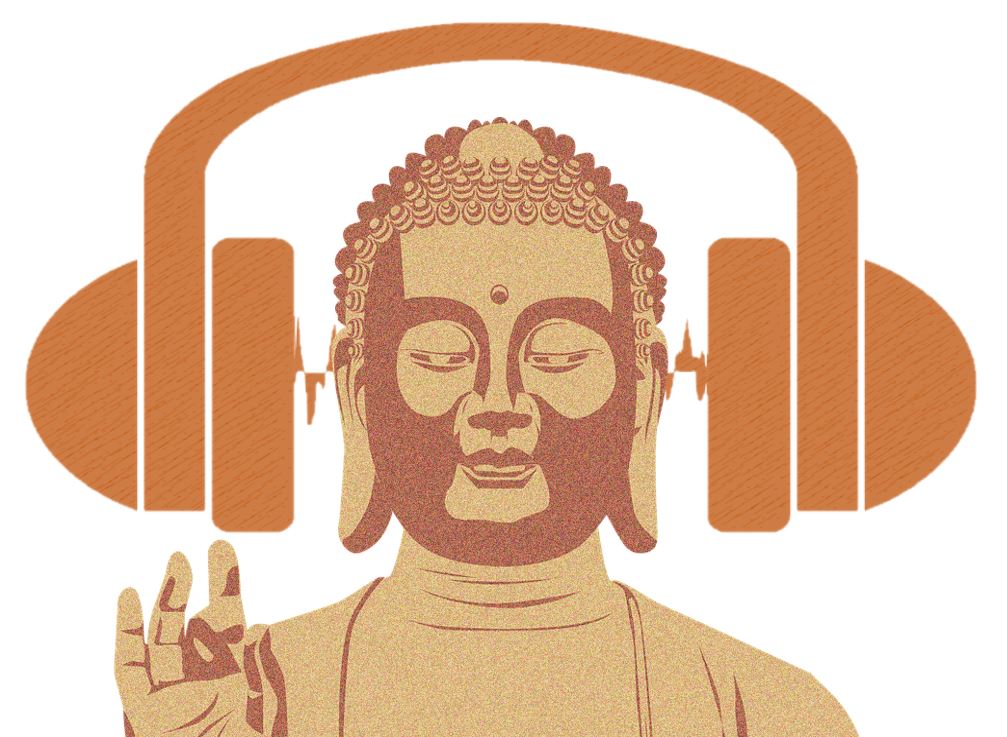
“Be a lamp unto yourselves and strive forward with diligence” is one of the translations of the last words the Buddha uttered to his grieving disciples as he achieved paranibbana, or complete liberation. He left no heirs — no recommended teachers, but rather advised those gathered around him to depend on the Dhamma itself. He left us with a detailed path which alleviates much suffering and unhappiness in our lives.
The challenge is, how do we each individually stay on the path? Have we incorporated these essential teachings into our daily life? If we have, how do we do it? If not, why? Tonight we’ll discuss a few “prompts” that may be useful as a guide while navigating the path the Buddha outlined, in both daily life and on the cushion.
